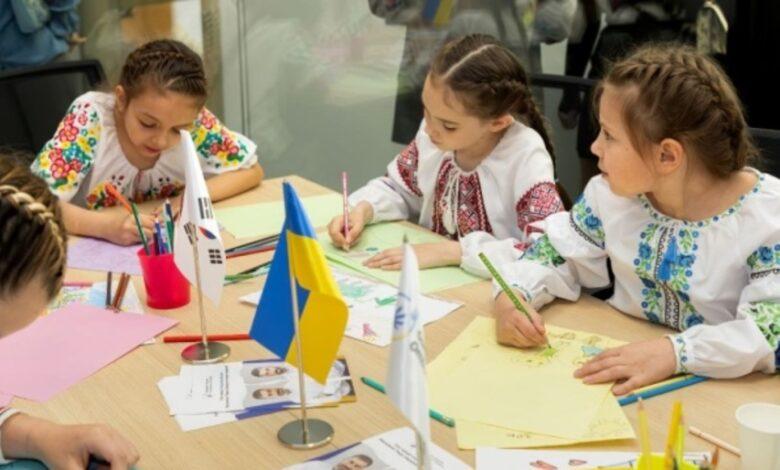A Center for the Protection of Children’s Rights has opened in Dnipro — the first in the east and one of the largest in the country

Childhood is not a period that can be waited or postponed. Even during war, a child remains a child – with the need for protection, support, care and the right to live without fear. In a peaceful world, violation of children’s rights is a tragedy. In a country living in a state of full-scale war, it becomes commonplace. Violence, deportation, loss of parents, homes, psychological trauma – all this turns children into a vulnerable target in the hybrid front. In order to help them, the Center for the Protection of Children’s Rights was opened in Dnipro – one of the largest in Ukraine and the first in the east of the country. About this reported the head of the Dnipropetrovsk Regional Council, Mykola Lukashuk.
The Center for the Protection of Children’s Rights goes far beyond the boundaries of the regional scale, it is the first such Center in the east of the country — a region that has been under constant threat of shelling, deportations, destruction and waves of internal migration for two years. It is here that thousands of families with children who are left without a home, without a school, without the usual social institutions arrive. Currently, more than 455,000 internally displaced persons are officially registered in Dnipropetrovsk Region, of which almost 100,000 are children. And although they found relative peace here, and often a temporary shelter, this does not remove the need for systematic and professional protection.
The initiator of the creation of the Center was Dmytro Lubinets, the Commissioner for Human Rights of the Verkhovna Rada. The Dnipropetrovsk Regional Council provided the building, engineering equipment, and access to the shelter. With the support of the Government of the Republic of Korea (through KOICA) and UNICEF, the Center was equipped according to international standards.
The center is functionally organized according to the Barnahus model, which involves a multidisciplinary approach to working with children. In this space, a child who has survived a trauma will be able to receive the full range of help in one safe environment — without the need to go to different agencies, without questioning in offices and without reliving painful events.
The center will provide assistance to the most vulnerable categories: children who have survived hostilities, lost their parents, been deported or left without proper care, suffered or witnessed violence. Special attention is focused on children who have deep emotional wounds. The Center has children’s rooms, play areas, separate offices for psychologists and lawyers, and rooms for confidential conversations.
There is also space for public initiatives, partner organizations and families, in particular relatives of soldiers, missing persons and prisoners. In 2024 alone, the regional government received 1,677 appeals from the families of prisoners of war. In the first months of 2025 — more than a thousand more. Children from such families are a separate category of vulnerability that needs no less attention than children from the front line.
The center is not an isolated institution, it is conceived as a living part of a wider system. His work is closely related to state structures, local authorities, educational and social institutions, and international partners. The opening event was attended by French Ambassador to Ukraine Gael Vessier, Director of KOICA in Ukraine Lee Tekin, Head of the UNICEF Representation Munir Mammadzadeh, representatives of the Verkhovna Rada, local self-government and public initiatives. This is a confirmation that the work of the Center is integrated into the global context of protection of children’s rights, into international humanitarian efforts to support Ukraine.
A separate block in the Center’s activities will be the promotion of the return of deported children. According to the data of the Office of the Ombudsman and the Office of the President, more than 1,300 children illegally removed from the occupied territories have already been returned. But there are thousands more to come, and individual psychological and social rehabilitation is needed for each such child. This Center is one of the platforms where it will become possible.
There will be many tasks in post-war Ukraine — to restore the infrastructure, support the economy, integrate veterans, build new institutions, but one of the most difficult and important is the protection of children.





